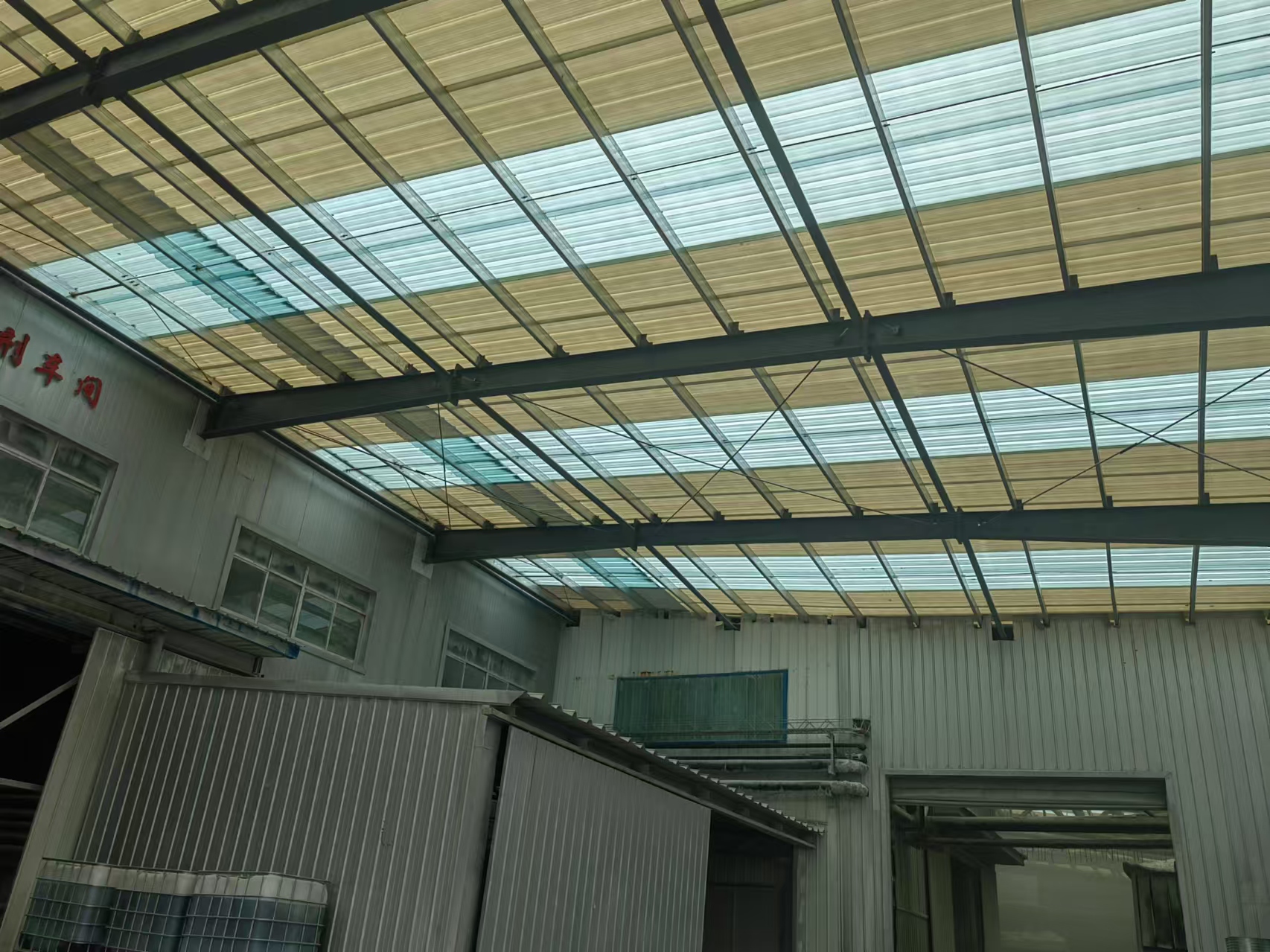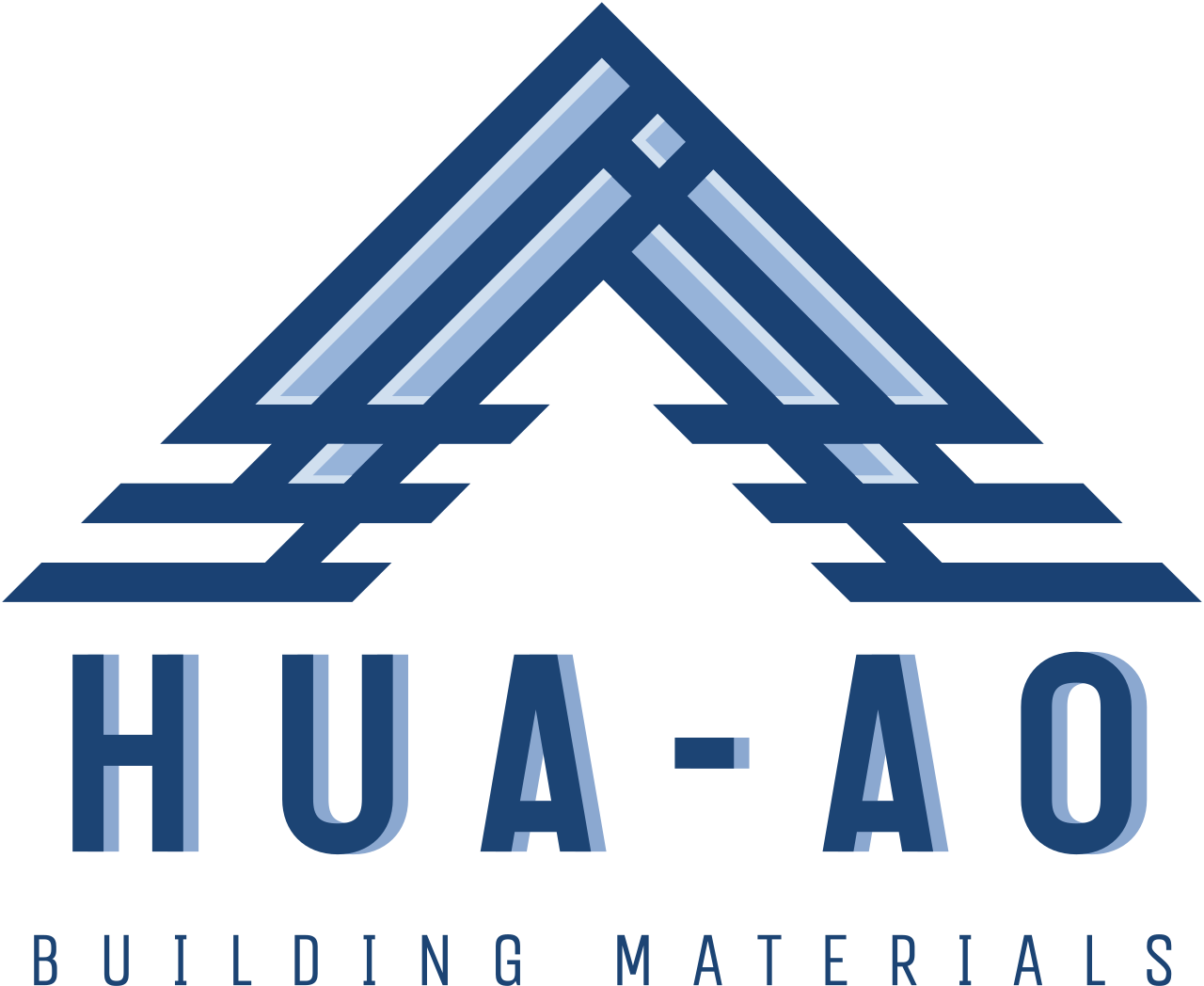
Steel mills operate in environments with high temperatures, moisture, and exposure to corrosive chemicals, leading to accelerated degradation of traditional roofing and cladding materials. To overcome these challenges, many steel mills have adopted FRP (Fiber Reinforced Plastic) anti-corrosion tiles as a reliable solution.
Key Reasons for Choosing FRP Anti-Corrosion Tiles
Exceptional Corrosion Resistance
FRP tiles are resistant to acids, alkalis, and other corrosive substances commonly found in steel mills. This durability ensures a longer lifespan compared to metal or traditional roofing materials.Lightweight and High Strength
Despite their lightweight nature, FRP tiles offer high tensile strength, making them ideal for large structures like steel mills. They are easy to handle, install, and maintain without compromising structural integrity.Thermal Resistance
Steel mills generate intense heat, and FRP tiles are designed to withstand extreme temperatures. They maintain their shape and performance, reducing the risk of material failure.Low Maintenance
Unlike metal sheets prone to rust or other materials that degrade in harsh conditions, FRP tiles require minimal upkeep, reducing long-term maintenance costs and downtime.Customizable Options
FRP tiles can be tailored to specific needs, including size, thickness, and surface treatments. This flexibility allows steel mills to choose solutions that best fit their operational demands.Energy Efficiency
With options for translucent FRP tiles, steel mills can enhance natural lighting, reducing dependency on artificial lighting and cutting energy costs.
A Sustainable Solution
By choosing FRP anti-corrosion tiles, steel mills benefit from a material that not only meets their operational demands but also supports sustainability goals through durability and reduced energy consumption.
Conclusion
FRP anti-corrosion tiles are a game-changer for steel mills, offering unmatched durability, thermal resistance, and cost efficiency. They provide an ideal solution for industries looking to enhance infrastructure while minimizing maintenance and operational costs.
Switching to FRP tiles ensures that steel mills can focus on their core production processes without worrying about material degradation or costly repairs.












